5 December 2024
Inflammation often gets a bad rap, but did you know it's actually a defense mechanism? Your body uses it to fight off infections and heal injuries. It's like your body's internal fire alarm, signaling that something needs attention. But here's the catch: when inflammation sticks around for too long, it can wreak havoc. Chronic inflammation has been linked to a bunch of health issues like arthritis, heart disease, diabetes, and even depression. Kind of like that one houseguest who overstays their welcome, right?
Thankfully, you don’t have to sit back and let chronic inflammation run the show. One of the best ways to keep it in check? Superfoods. These nutrition powerhouses come packed with anti-inflammatory properties, helping you douse the flames of inflammation from the inside out. Let’s dive into which superfoods can help you fight inflammation and why they deserve a spot on your plate.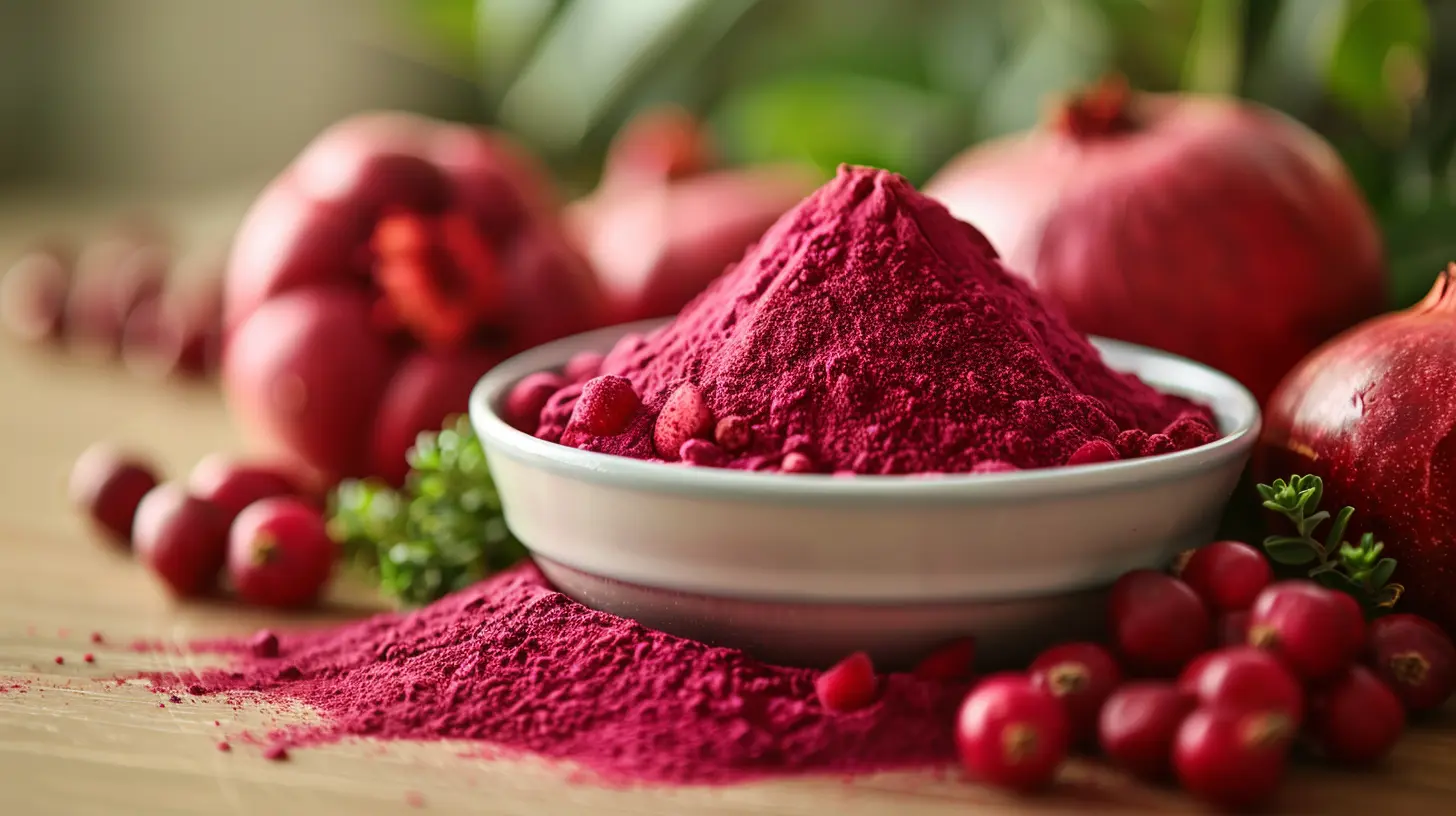
What Exactly Is Inflammation?
Before we get into the nitty-gritty of superfoods, let’s talk about what inflammation actually is. When your body detects an injury, infection, or other "problem," it sends out an SOS for help. That’s when your immune system responds by releasing white blood cells, proteins, and other goodies to help with the healing process.There are two types of inflammation: acute and chronic.
- Acute inflammation is short-term and usually a good thing. Think of it like your body's first aid kit—it steps in, does its job, and leaves.
- Chronic inflammation, on the other hand, is like the bad roommate who doesn’t pay rent and leaves dirty dishes everywhere. It sticks around indefinitely and can lead to a host of serious health problems.
Now that we know what we’re dealing with, let’s talk about how we can keep chronic inflammation in check—with food!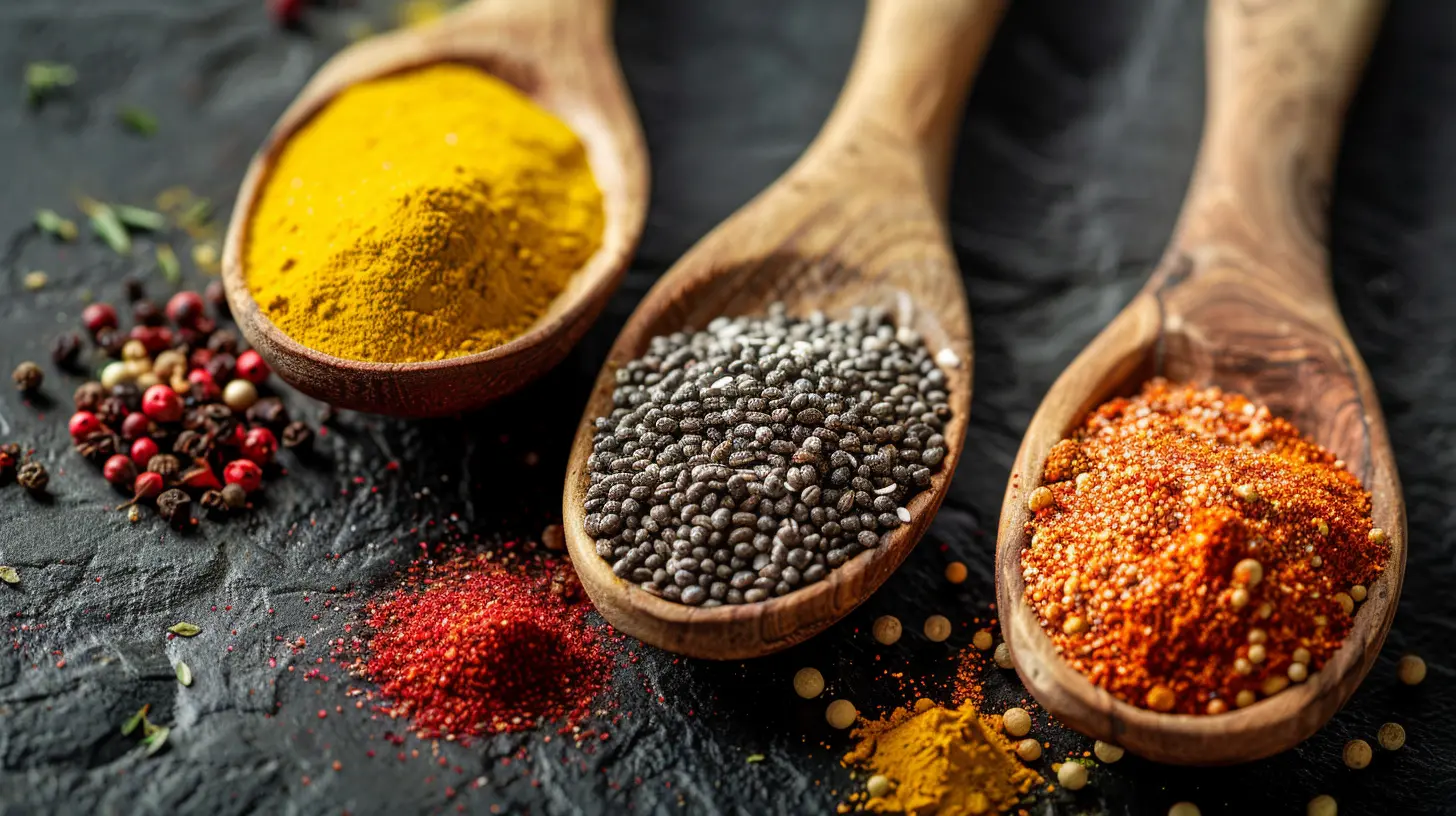
The Role of Diet in Fighting Inflammation
You've heard the saying, "You are what you eat," right? Well, when it comes to inflammation, this couldn’t be more true. Some foods fuel inflammation (looking at you, processed junk foods), while others actively fight it.The good news? You don’t need a fancy degree in nutrition to start making anti-inflammatory choices. By simply swapping out inflammatory foods for superfoods, you can reduce your risk of inflammation-related diseases and start feeling better overall. Plus, most of these foods are delicious, so you're not exactly sacrificing taste here. Let’s take a closer look.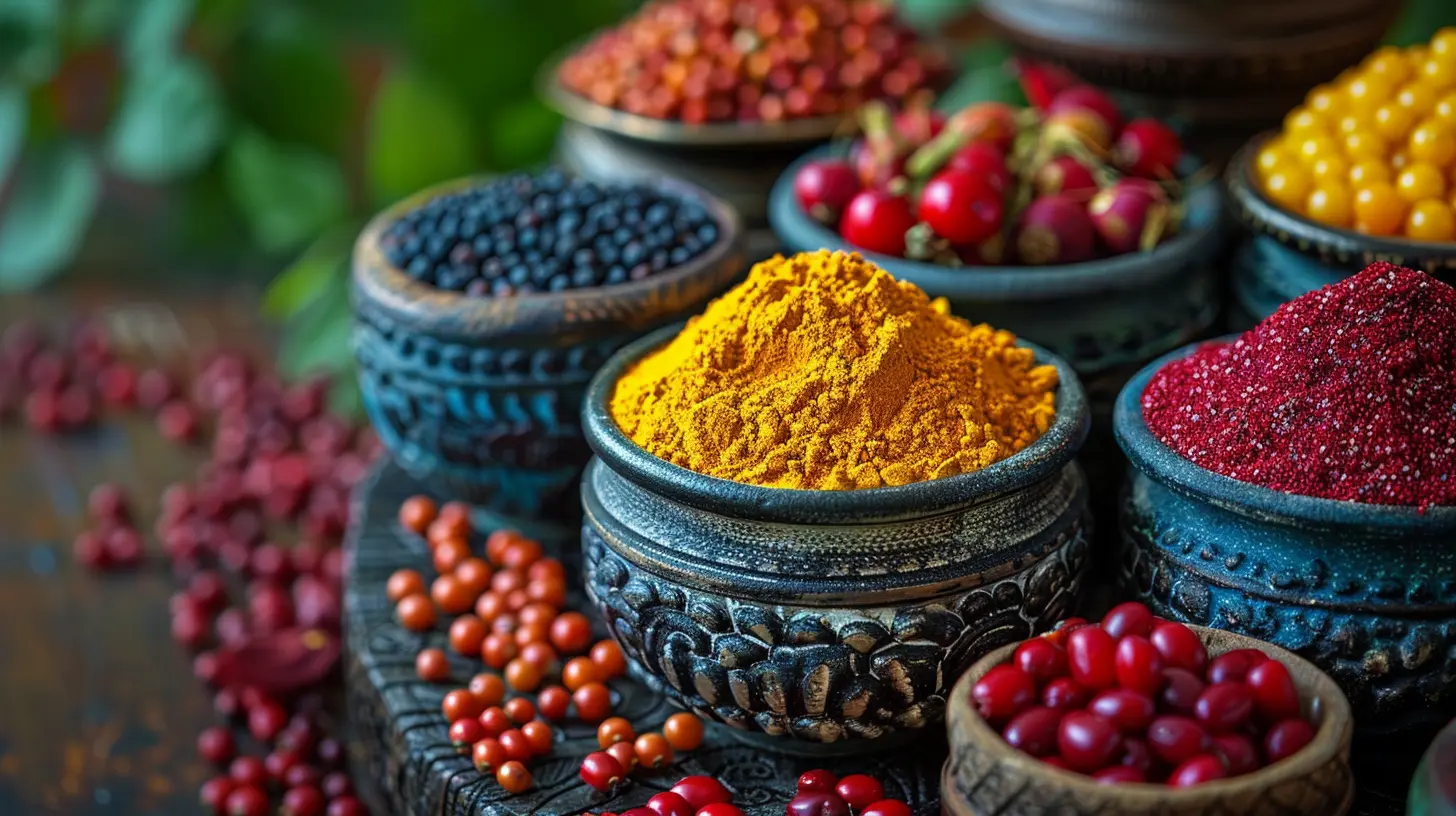
1. Turmeric: The Golden Healer
Ever wondered why turmeric has been used in traditional medicine for centuries? This golden-yellow spice is like a superhero in the anti-inflammatory world. Its secret weapon? Curcumin, a compound with powerful anti-inflammatory and antioxidant properties.Turmeric is perfect for adding a warm, earthy flavor to soups, stews, and curries. Pair it with black pepper—it boosts curcumin absorption, helping your body make the most of this magical spice. Think of it as the dynamic duo of your spice rack.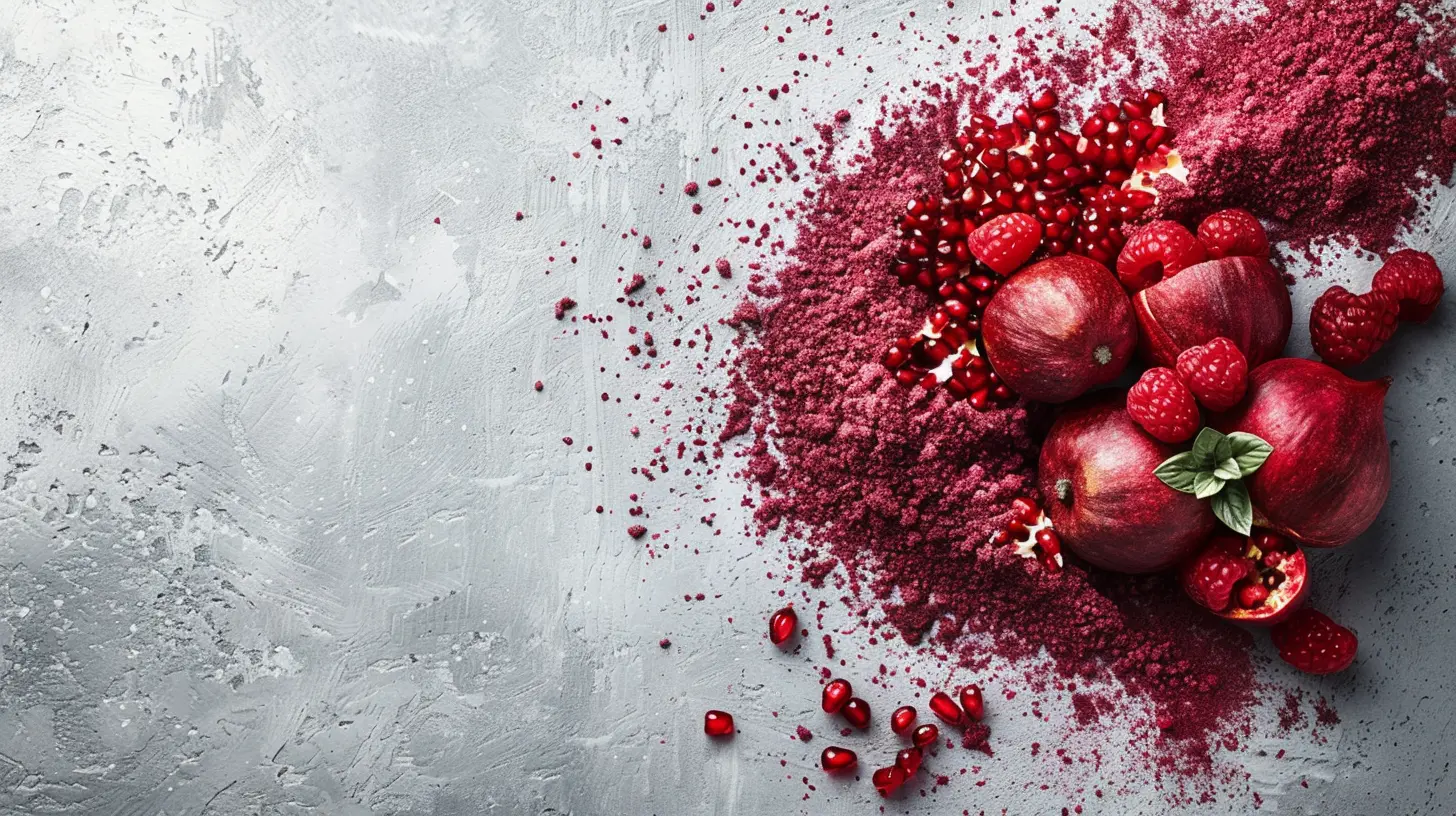
2. Fatty Fish: Omega-3 Powerhouses
Fatty fish like salmon, mackerel, and sardines are loaded with omega-3 fatty acids, which are known for their anti-inflammatory benefits. These healthy fats can help reduce the production of molecules and substances that drive inflammation, like cytokines.Not a fan of fish? No worries! Plant-based omega-3 sources like chia seeds, flaxseeds, and walnuts can also do the trick. Fun fact: omega-3s are like the construction crew that helps rebuild your body after inflammatory damage.
3. Berries: Nature's Sweet Treat
Who doesn’t love blueberries, strawberries, or raspberries? These tiny fruits are not just delicious—they're potent inflammation fighters. Packed with antioxidants like anthocyanins, berries combat oxidative stress and reduce inflammation.Add them to your smoothie, sprinkle them over your oatmeal, or just snack on them straight out of the fridge. They're kind of like nature’s candy, but way better for you.
4. Leafy Greens: The Nutrient Powerhouses
When it comes to anti-inflammatory superfoods, leafy greens like spinach, kale, and Swiss chard deserve a standing ovation. They're loaded with vitamins, minerals, and antioxidants like vitamin K, which has been shown to reduce inflammation.Want to jazz up your greens? Sauté them with garlic and olive oil or toss them into a hearty salad. It’s a simple way to pack a ton of nutrients into one meal.
5. Ginger: The Zesty Root
If you’ve ever had ginger tea to soothe an upset stomach, you already know how magical this root can be. But did you know it’s also a great anti-inflammatory? Ginger contains gingerol, a bioactive compound that can help reduce inflammation markers.Grate some fresh ginger into your tea, add it to stir-fries, or even blend it into a smoothie. It’s versatile and adds a nice zing to your dishes.
6. Green Tea: The Soothing Elixir
Green tea isn’t just a comforting drink; it’s also brimming with anti-inflammatory compounds like epigallocatechin gallate (EGCG). This powerful antioxidant helps reduce inflammation and even protects your cells from damage.Swap out your afternoon coffee for a cup of green tea—you’ll reduce inflammation and get a nice little energy boost without the jitters. Win-win!
7. Nuts and Seeds: Crunchy Anti-Inflammatory Snacks
Walnuts, almonds, sunflower seeds, and flaxseeds are packed with healthy fats, fiber, and antioxidants. They’re like tiny nutritional powerhouses that fight inflammation while keeping you full.Snack on a handful of nuts during the day, sprinkle seeds over your yogurt, or blend them into your favorite recipes. Just watch your portions; they’re nutrient-dense and easy to overeat.
8. Avocado: The Creamy Superfood
Is there anything avocados can’t do? They’re rich in healthy monounsaturated fats and antioxidants, both of which have anti-inflammatory effects. Plus, they’re delicious and incredibly versatile.Spread avocado on toast, mash it into guacamole, or toss slices into your salad. It’s like the Swiss Army knife of superfoods—there’s no wrong way to use it.
9. Tomatoes: Juicy and Nutrient-Rich
Tomatoes are a fantastic source of lycopene, an antioxidant that dials down inflammation. Cooking tomatoes actually boosts the availability of lycopene, so go ahead and enjoy that marinara sauce guilt-free.From fresh salads to hearty soups, tomatoes add a burst of flavor and health benefits to your meals.
10. Dark Chocolate: A Sweet Indulgence
Yes, you read that right—chocolate can be good for you! Dark chocolate (make sure it’s at least 70% cacao) is rich in flavonoids, which have anti-inflammatory properties.Enjoy a small square of dark chocolate as a dessert or melt it down and drizzle it over berries for a doubly anti-inflammatory treat. Just don’t overdo it—moderation is key.
Foods to Avoid
While adding anti-inflammatory superfoods to your diet is a fantastic start, it’s equally important to cut back on foods that fuel inflammation. These include:- Processed foods
- Refined sugars
- Trans fats
- Excessive alcohol
- Soda and sugary drinks
Think of these as the "fire starters" that keep inflammation alive. The less you consume, the better off your body will be.
Lifestyle Matters, Too
Let’s not forget that fighting inflammation isn’t just about what you eat. Lifestyle factors like regular exercise, adequate sleep, and stress management also play a huge role. Combine these habits with an anti-inflammatory diet, and your body will thank you.Conclusion
Fighting inflammation doesn’t have to be complicated or boring. By incorporating these powerful superfoods into your daily meals, you’re giving your body the tools it needs to heal and thrive. Whether it’s sprinkling chia seeds over your yogurt or sipping on green tea in the afternoon, these small changes can lead to big results.Remember, food isn’t just fuel—it’s medicine. So go ahead, load up your plate with these anti-inflammatory superstars, and start feeling better from the inside out. Your body (and your taste buds) will thank you.



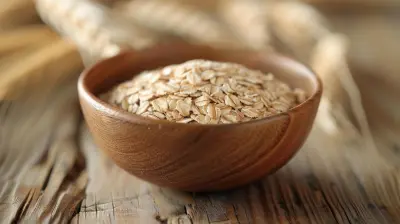

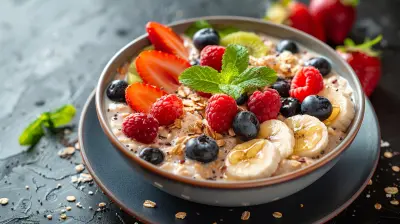




Zinnia Graham
Incorporating superfoods into your diet can significantly aid in reducing inflammation. Foods rich in antioxidants, omega-3 fatty acids, and specific vitamins are shown to combat inflammatory responses. Regular consumption of these nutrient-dense options promotes overall health and may help prevent chronic diseases associated with persistent inflammation.
February 10, 2025 at 3:58 PM